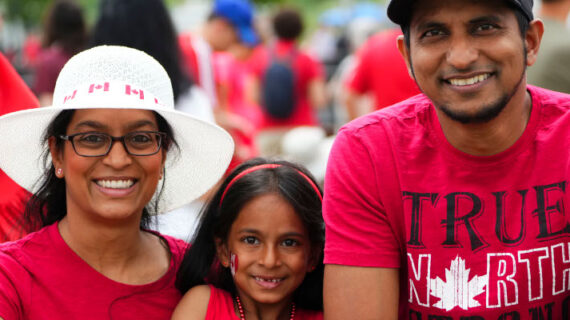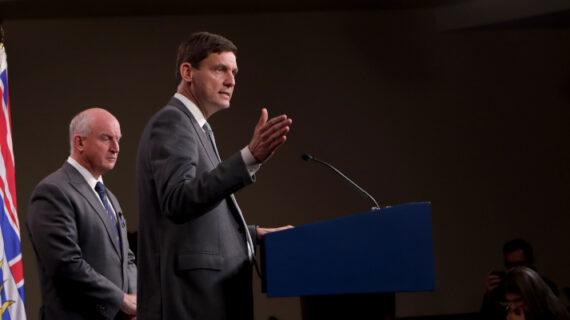TORONTO — The news media’s coverage of the Hamas terrorist attacks in Israel and the ensuing conflict between Israel and the designated terrorist organization has generated significant public debate. Critics of the news coverage of some organizations have singled out a tendency by reporters to draw false equivalencies, engage in unfair and disproportionate criticism of Israel, and not subject information garnered from Hamas (a designated terrorist group in most western countries) to additional verification.
Independent criticism of the mainstream media began in the immediate aftermath of the October 7 terrorist attacks in Southern Israel when many outlets (including the BBC and CBC) chose to describe Hamas as “militants” rather than “terrorists”.
It has taken on greater intensity this past week in response to the media’s reporting on the explosion at Al-Ahli Baptist Hospital in Gaza City which major news outlets such as the New York Times, Toronto Star, and Al Jazeera initially reported that Israel was responsible for. Subsequent disclosures indicated this reporting was based on the “unverified claims” of Hamas and preliminary investigations by U.S. intelligence have confirmed initial claims by the IDF that Israel was not responsible for the bombing. The New York Times this past week went so far as to publicly acknowledge that its initial coverage blaming Israel for the attack was an error.
Much of the push back to mainstream media’s coverage of the conflict has come from a diverse group of former politicians, independent journalists, scholars and Jewish activists. Here are five tweets that highlight the issues raised in the criticism so far.
Matti Friedman, a journalist based in Jerusalem, rejected the news media’s claims that attributing the hospital explosion to Israel was merely an “honest error.” Many longstanding journalists have questioned why the New York Times, as a global paper of record, was prepared to run with the story based solely on information from Hamas controlled sources.
Former Israeli Prime Minister Naftali Bennett had a testy television interview with the BBC last week in which he accused the host (and the entire network) of a double standard in its reporting. He followed up with a long-form tweet in which he accused the public broadcaster of “moral weakness.” This exchange and news reports and commentary in Israel indicate that frustration is growing among the Israeli public about the western media’s continuing coverage of the terrorist attacks and civilian deaths in Gaza.
Jay Rosen, a well-known media critic and professor of journalism at New York University, has zeroed in on the New York Times’ admission that it “relied too heavily” on unverified from Hamas to in its reporting on the hospital explosion. Others have gone as far as to argue that relying on Hamas news sources for journalistic reporting is the equivalent of covering the immediate aftermath of 9/11 based on the claims Al Qaeda or the Charlottesville riots by citing unverified facts from white supremacists.
Jonathan Greenblatt, director of the Anti-Defamation League (ADF), acknowledged the Times’ eventual correction but called on the media to be responsible—including no longer using Hamas as a source of facts and information.
Thinker and writer Yascha Mounk warns that these media failures in the early days of the Israel-Hamas War can have what he describes as “real-world consequences,” including (but not limited to) the further erosion of public trust in the news media.
The events of the last two weeks show that the news media continues to struggle with disinformation and misinformation, and newspapers and news outlets of all types are likely to continue come under pressure for their war coverage.
If you enjoy Hub Podcasts (including bi-weekly episodes with David Frum and Amanda Lang), be sure to check out more insightful commentary on The Hub’s YouTube page:




